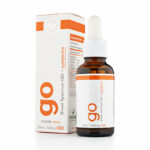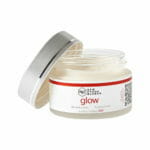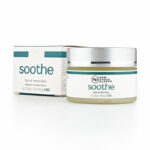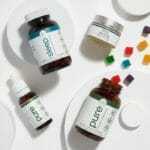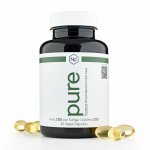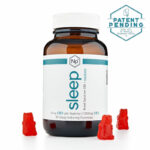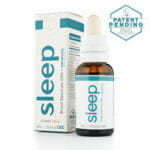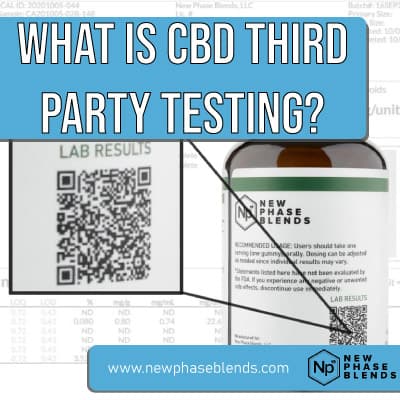If you’ve ever shopped for CBD products, you’ve likely encountered the term “third-party tested” on packaging or websites. But what exactly does this mean, and why should it matter to you as a consumer? In a market flooded with CBD products of varying quality, third-party testing has become a critical factor in distinguishing legitimate, safe products from questionable ones.
The CBD industry remains largely unregulated, creating significant challenges for consumers trying to find pure and quality CBD for purchase. Without standardized oversight, how can you be confident that what’s on the label matches what’s in the bottle? This is where CBD third-party testing comes in—providing an unbiased assessment of product quality, potency, and safety.
CBD Products for Sale by New Phase Blends
Type: CBD oil for energy
CBD: 16mg per serving
Features: Synephrine and CBD blend for energy & focus enhancement
Type: CBD Acne Cream
CBD: 1000mg per 1oz jar
Features: Salicylic acid and CBD blend to stop acne
Type: High strength CBD balm
CBD: 1000mg or 2000mg
Features: Free shipping, money back guarantee
Type: CBD Starter Kit Bundle
Includes: Tincture, Balm, and Gummies
Features: You create your own kit with your custom product choices
Type: Pure CBD Softgel Capsules (Vegan)
CBD: 40mg per Capsule
Features: Free Shipping, Money Back Guarantee
Type: CBD gummies for sleep
CBD: 45mg per gummy
Features: Free Shipping, Money Back Guarantee
Type: CBD Oil For Sleep
CBD: 66mg per serving
Features: Free shipping, money back guarantee
In this comprehensive guide, we’ll explore the ins and outs of CBD third-party testing, why it matters, how to interpret test results, and what to look for when purchasing CBD products. Whether you’re new to CBD or a seasoned user looking to make more informed choices, this article will equip you with the knowledge to navigate the CBD marketplace with confidence.
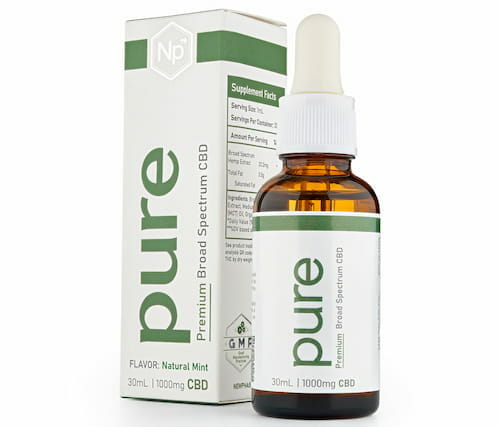
What is CBD Third Party Testing?
Third-party testing for CBD products refers to the practice of having an independent, unaffiliated laboratory analyze and verify the contents of CBD products. Unlike in-house testing performed by manufacturers themselves, third-party testing provides unbiased results that consumers can trust.
The Testing Process
When a CBD company submits its products for third-party testing, the laboratory conducts various analyses to determine:
- Cannabinoid profile and potency (CBD, THC, and other cannabinoid concentrations)
- Presence of contaminants like pesticides, heavy metals, and residual solvents
- Terpene profiles (the aromatic compounds that contribute to effects)
- Microbial contaminants such as mold, yeast, and bacteria
The testing process typically begins with the manufacturer sending product samples to an accredited laboratory. Scientists then use advanced techniques such as High-Performance Liquid Chromatography (HPLC) and Mass Spectrometry to analyze the samples. Once testing is complete, the laboratory issues a Certificate of Analysis (COA) detailing the results.
Why Third Party Testing Matters
Third-party testing serves as a crucial quality control measure in an industry that currently lacks comprehensive federal regulations. This independent verification process offers several important benefits:
Consumer Safety: Testing identifies harmful contaminants that could pose health risks, particularly important for those using CBD for health conditions.
Transparency: By making test results publicly available, brands demonstrate their commitment to transparency and consumer trust.
Quality Assurance: Regular testing ensures consistency across product batches, meaning customers receive the same quality every time.
Legal Compliance: Testing confirms that products contain legal levels of THC (below 0.3% in the US), ensuring consumers don’t inadvertently purchase products that could cause legal issues.
As Dr. Ethan Russo, a renowned cannabis researcher, notes: “Third-party testing is not just a marketing tool—it’s a fundamental requirement for consumer safety in the CBD market.”
Understanding Certificates of Analysis (COAs)
A Certificate of Analysis is the official document provided by testing laboratories that details the composition of a CBD product. Learning to read and interpret these reports empowers you to make informed decisions about CBD purchases.
Key Components of a COA
Product Information: This section identifies the specific product tested, including batch number, manufacturing date, and product type.
Cannabinoid Profile: This crucial section lists the concentrations of various cannabinoids, including CBD and THC. The results typically appear in percentages or milligrams per gram/milliliter.
Contaminant Testing: This section reveals whether the product contains harmful substances such as:
- Heavy metals (lead, arsenic, mercury, cadmium)
- Pesticides
- Residual solvents from extraction processes
- Microbial contaminants
Terpene Analysis: Some COAs include a breakdown of terpenes present in the product, providing insight into potential aromatic and therapeutic properties.
Red Flags to Watch For
When reviewing a COA, be alert for these warning signs:
- Significant discrepancies between labeled CBD content and test results
- THC levels above the legal limit (0.3% in the US)
- Presence of contaminants above acceptable limits
- Outdated testing (more than a year old)
- Missing test categories (particularly potency and contaminant screening)
- Testing conducted by the manufacturer rather than an independent lab
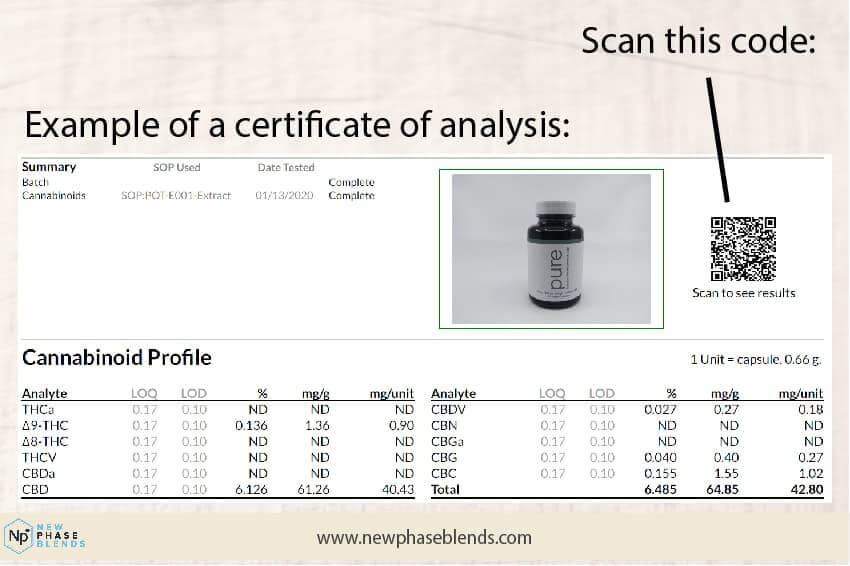
Types of CBD Third Party Testing
Comprehensive third-party testing involves several different types of analyses, each serving a specific purpose in verifying product quality and safety.
Potency Testing
Potency testing determines the concentrations of cannabinoids in a product. This verification ensures you’re getting what you pay for—if a product claims to contain 1000mg of CBD, testing confirms this claim.
Beyond CBD content, potency testing reveals the presence of other cannabinoids like CBG, CBN, and importantly, THC. This creates a complete picture of the product’s cannabinoid profile and confirms legal compliance regarding THC levels.
Contaminant Testing
The hemp plant readily absorbs substances from its growing environment—a quality that makes contamination testing essential.
Pesticide Testing: Identifies traces of agricultural chemicals used during cultivation.
Heavy Metal Testing: Detects toxic metals like lead, arsenic, mercury, and cadmium that hemp can absorb from soil.
Residual Solvent Testing: Ensures that chemical solvents used in extraction processes (like ethanol or butane) have been properly removed.
Microbial Testing: Screens for harmful bacteria, yeast, and mold that could cause illness.
Terpene Analysis
While not always included in standard testing, terpene analysis provides valuable information about the aromatic compounds that contribute to a product’s smell, taste, and potential therapeutic effects. Terpenes work synergistically with cannabinoids in what’s known as the “entourage effect,” potentially enhancing CBD’s benefits.
How to Verify Third Party Testing Claims
When a brand claims their products are third-party tested, don’t simply take their word for it. Here’s how to verify these claims:
Access the COA
Reputable CBD companies make Certificates of Analysis readily available through:
- QR codes on product packaging
- Links on their website
- Upon request via customer service
If a company makes it difficult to access their test results or refuses to provide them, consider this a significant red flag.
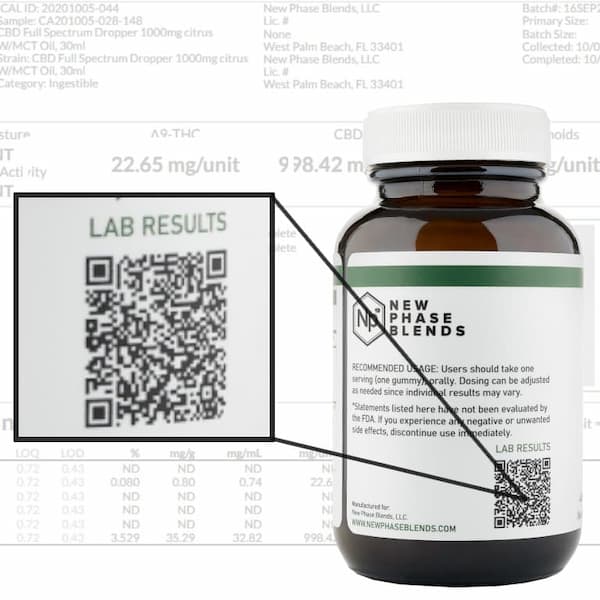
Check the Testing Laboratory
Investigate the laboratory that performed the testing:
- Is it an accredited facility?
- Does it specialize in cannabis/hemp testing?
- Is it truly independent from the manufacturer?
Well-respected testing laboratories include ACS Laboratory, ProVerde Laboratories, and SC Labs, among others.
Compare Multiple Batches
For products you purchase regularly, compare COAs across different batches to ensure consistent quality and potency. Significant variations between batches may indicate quality control issues.
The Importance of CBD Third Party Testing for Consumers
The value of third-party testing extends far beyond simple quality assurance—it directly impacts your health, safety, and overall CBD experience.
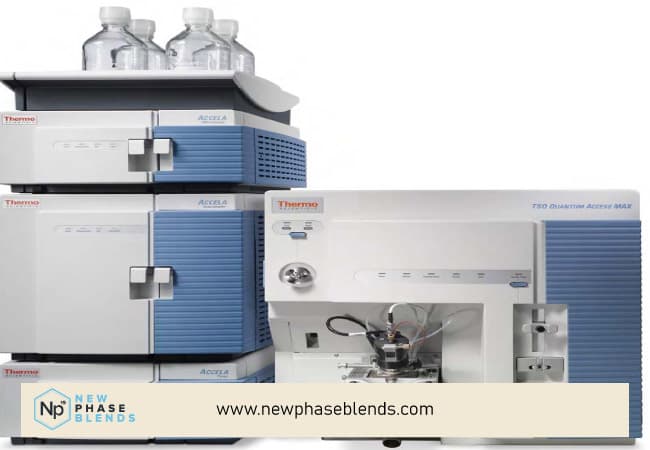
Safety Considerations
CBD products without proper testing may contain:
- Dangerous contaminants like pesticides or heavy metals
- Illegal levels of THC that could cause intoxication or failed drug tests
- Synthetic cannabinoids that pose serious health risks
For vulnerable populations like children, pregnant women, or those with compromised immune systems, these contaminants present particularly serious risks.
Value Assessment
Third-party testing helps ensure you’re getting what you pay for. CBD products are significant investments for many consumers, and testing confirms that products contain the advertised amounts of CBD rather than diluted or misrepresented formulations.
A 2020 study published in the Journal of the American Medical Association found that nearly 70% of untested CBD products contained significantly different amounts of CBD than advertised—highlighting why verified testing matters.
Therapeutic Efficacy
For those using CBD for wellness purposes, accurate potency and purity directly impact effectiveness. If you’re taking CBD for specific health concerns, knowing exactly what (and how much) you’re consuming is essential for consistent results.
Industry Standards and Regulations
While the CBD industry awaits comprehensive federal regulations, several organizations have established voluntary standards for testing and quality.
Current Regulatory Landscape
The 2018 Farm Bill legalized hemp and hemp-derived products containing less than 0.3% THC but didn’t establish specific testing requirements for CBD products. This regulatory gap has led to inconsistent standards across the industry.
The FDA has authority over CBD products but has issued limited regulations thus far, focusing primarily on making sure companies don’t make unsubstantiated health claims.
Voluntary Standards and Certifications
Several organizations offer certifications that indicate adherence to testing standards:
U.S. Hemp Authority Certification: This program certifies companies that comply with stringent standards for testing, quality, and transparency.
ASTM International: Has developed voluntary consensus standards for hemp products, including testing protocols.
GMP Certification: Good Manufacturing Practice certification indicates adherence to quality production standards, including testing requirements.
Choosing Quality CBD Products with Verified Testing
Armed with knowledge about third-party testing, you can make informed decisions when purchasing CBD products.
What to Look For
Comprehensive Testing: Choose products tested for potency, contaminants, and ideally, terpene content.
Recent Tests: Look for COAs dated within the past year, with batch numbers matching your specific product.
Transparent Access: Support brands that make test results easily accessible without requiring customers to jump through hoops.
Accredited Labs: Verify that testing was performed by legitimate, independent laboratories with proper accreditation.
Consistent Results: For regular purchases, check that potency remains consistent across different product batches.
Conclusion
In an industry where quality varies widely, CBD third party testing stands as a crucial safeguard for consumers seeking pure and quality CBD for purchase. This independent verification process helps ensure that products are safe, legal, and contain the advertised amounts of CBD.
As you navigate the CBD marketplace, remember that third-party testing isn’t just a marketing buzzword—it’s an essential quality indicator that directly impacts your safety and experience. By understanding how to verify and interpret test results, you empower yourself to make informed choices about the CBD products you use.
The most reputable CBD companies embrace rigorous testing not as an obligation but as a commitment to their customers’ wellbeing. By supporting these transparent brands, you not only protect your health but also help drive the entire industry toward higher standards.
Whether you’re exploring CBD for the first time or are a seasoned consumer looking to enhance your knowledge, prioritizing third-party tested products is one of the most important steps you can take toward a safe and effective CBD experience.



